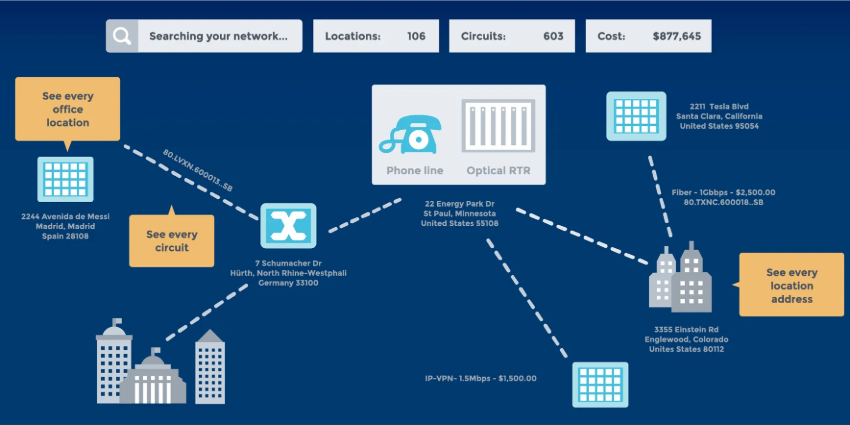Fuze recently commissioned research company Vitreous World to survey 6,604 knowledge workers employed by private sector organisations with 500 or more employees. Respondents were based in Australia, Canada, France, Germany, The Netherlands, Scandinavia, Spain, the UK, and the United States. They each provided their thoughts on the way the modern way of working has changed and will continue to change.
The focus when assessing the workplace future has traditionally been technology. However, Fuze’s research reveals that the core of the future workforce should be people – the way people want to work, the people that can enable the technology and the response to employee requests and working habits.
Business leaders
Respondents felt that many business leaders are still standing in the way of technology enhancing their work experience. Rather than allowing employees to work in a way that maximises their personal productivity, too many businesses are enforcing rigid boundaries on the definition of work. At the same time, the research also revealed some leaders that are looking to innovate and drive technological change are also being held back, with many business leaders still seeing IT as little more than a cost-reduction function.
Work-as-a-Service
Being able to work when they want to is the most important element of flexible working for today’s employees, above location. This shift to on-demand working is reinforced by some key statistics revealed in the Workforce Futures report. 95% of people surveyed said work-life balance is an important factor when searching for a new job. 89% of respondents said flexible working should be how we work, not a benefit. The sooner the business leaders stuck in traditional, less productive ways of working come around to the realisation that everybody works different, the sooner technology can empower this change.
Working at any time
As employees are no longer restricted to one location to work, a key theme of the Fuze Workplace Futures report was no longer being bound by set working hours, office walls, or company structures. As applications, files and communications is moved into the cloud, employees have the ability to work when they want, where they want. 73% of respondents confirmed they work outside of their contracted work hours as they are more productive. Rather than this highlighting the traditional scenario where employees stay late to finish off an important project, this reflects the flexibility of businesses providing technology that enables a user to work to a pattern that suits them.
Some of us are more productive first thing in the morning, others need their morning coffee and then their lunch coffee but are better suited working late.
Working anywhere
As well as recognition that flexible working means being able to work when you want, Fuze Workforce Futures report pointed out that where we work is another crucial factor for employees considering a new job. 54% of people interviewed said they would move to another company if it meant they had more flexibility to choose where they worked. This ranges from office locations to home-based or simply having the flexibility to work anywhere without restriction.
The Fuze Workforce Futures report made for interesting reading as I sat in a coffee shop on a Saturday morning getting my work done. With stats as compelling as those revealed in the report, the future of work can’t be too far away, given the technology we have at our disposal.






